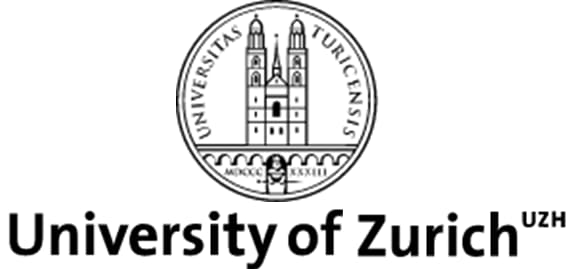Last Date: 1st of March 2024.
The Earth System Science group at the Department of Geography asks questions around the co-evolution of social-ecological systems, a fundamental step to place Earth System Sciences in the context of the Anthropocene. Such approach is by necessity interdisciplinary, given the multi-sectorial and complex nature of the problem. The ESS group develops and applies multi- and interdisciplinary approaches to observe, describe, assess drivers, and model the interactions and feedbacks between Earth System spheres and the human system. The ESS group is embedded in the Remote Sensing Laboratories at the University of Zurich, a group internationally recognized for its excellence in remote sensing science.
OBSGESSION aims to monitor & predict biodiversity change and its drivers in both terrestrial and freshwater ecosystems through Earth Observation technologies. The aim of the OBSGESSION project is to examine the policy needs for biodiversity change assessments, develop frameworks and analytical and system knowledge of biodiversity change and its drivers and integrate these into predictive models of the futures of biodiversity. Within this project, our team is responsible to support the development of uncertainty estimates and propagation in optical remote sensing data, with particular emphasis in imaging spectroscopy and examine the sensitivity of direct or modeled biodiversity outputs to the uncertainty in the EO products.
We invite applications for a postdoctoral researcher on the project OBSGESSION: Observation of Ecosystem Changes for Action, which is funded by Horizon Europe (HORIZON-CL6-2023-BIODIV-01) and the Swiss State Secretariat for Education, Research and Innovation.
Your responsibilities
We are looking for an enthusiastic, creative, hardworking and independent researcher with a strong interest in linking science with practice. You will have a central role in the WP4 part of the OBSGESSION project leading the scientific work, in close collaboration to another postdoctoral researcher focusing on the uncertainty and product development from airborne imaging spectroscopy.
Specifically, you will:
- Analyze airborne imaging spectroscopy data and multispectral satellite data on their feasibility on delivering direct measures of biodiversity (e.g. spectral heterogeneity, functional trait, spatial heterogeneity, etc)
- Utilize airborne imaging spectroscopy data and multispectral satellite data as inputs to species distribution models to predict the geographic distribution of different taxonomic groups
- Utilize airborne imaging spectroscopy data and multispectral satellite data as inputs to dynamic vegetation models to estimate metrics of ecosystem functioning (e.g. Net Primary Productivity, etc)
- Collect and participate in field campaigns in the Swiss and French Alps to collect data on different taxonomic groups
- Contribute to research assessing and propagating uncertainty on airborne imaging spectroscopy data and multispectral satellite data
- Contribute to research on uptake of modeled and measured biodiversity by policy and alternative actor groups
Your profile
- PhD in Earth System Science, Geography, Environmental Sciences, Forestry, or Ecology
- Expertise in one or several of the following areas: earth system science, biodiversity science, remote sensing, ecology
- Experience in one or several of the following methods: plot-based biodiversity inventories, species distribution models, dynamic vegetation models, statistical modelling
- Advanced data analysis and visualization in R or Python
- Capacity and willingness for field data collection with an interdisciplinary team in alpine environments in Europe
- Scientific curiosity and creativity to examine multifaceted and complex systems problems
- An achievement-oriented and open-minded personality with a flair for project coordination and teamwork in international settings
- English (Working language is English)
What we offer
We offer outstanding working conditions, a high quality of life in Zurich, and an excellent support environment. The position is based in the Earth System Science unit at the University of Zurich. Employment is for 3 years with potential for extension for one more year. Employment conditions follow the attractive standards of the Swiss National Science Foundation.
Place of work
Department of Geography, University of Zurich, Winterthurerstrasse 190, 8057 Zurich, Switzerland
Start of employment
If you are interested in this position and fulfil the requirements, we look forward to receiving your online application consisting of a single PDF containing a cover letter, CV, list of publications, your PhD certificate, and names of 2 referees. Application deadline is the 16th of February 2024.
Online interviews are foreseen for the 1st of March 2024.
Employment start date to be mutually agreed, ideally on the 1st of April 2024 or shortly thereafter.
Apply





